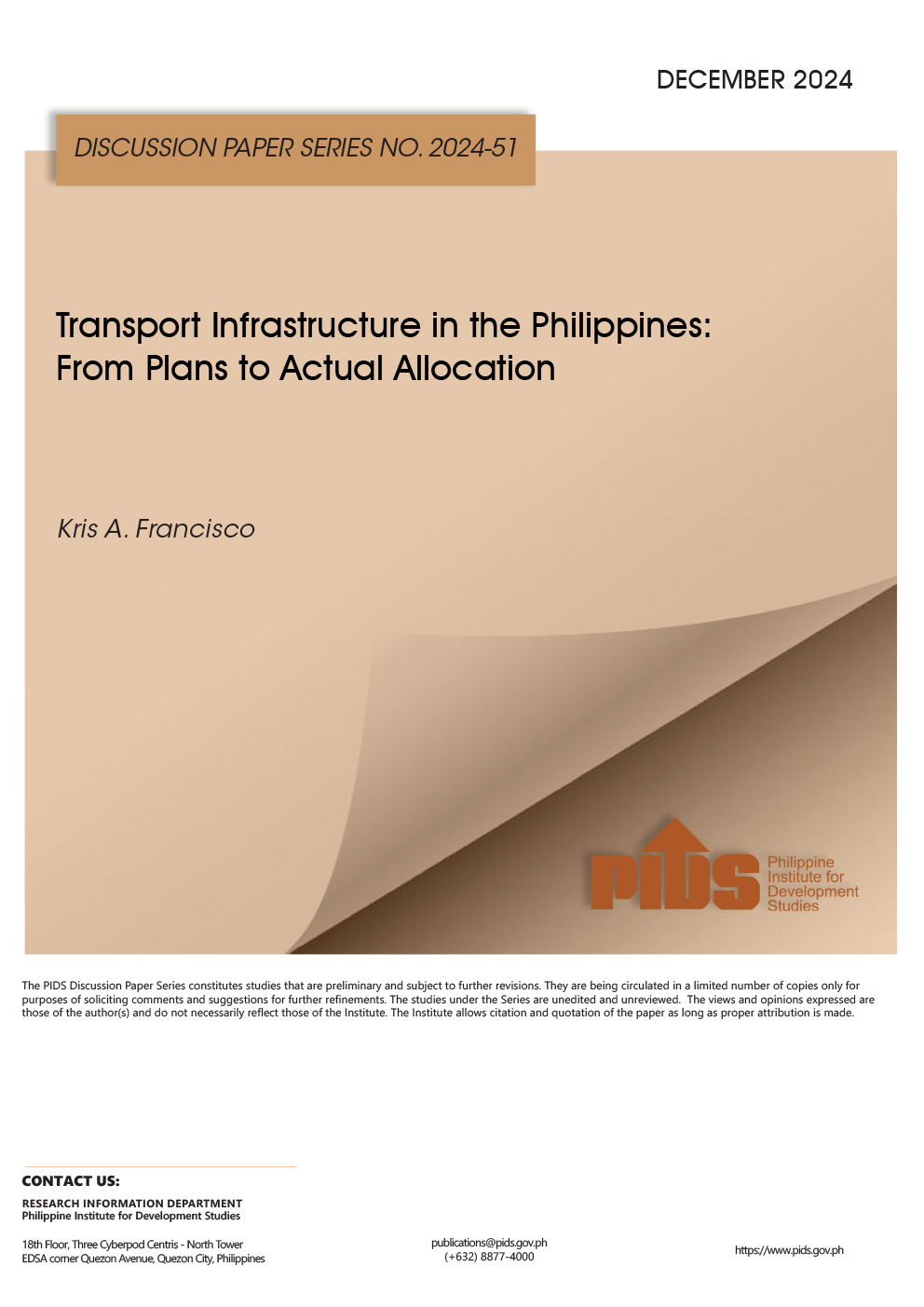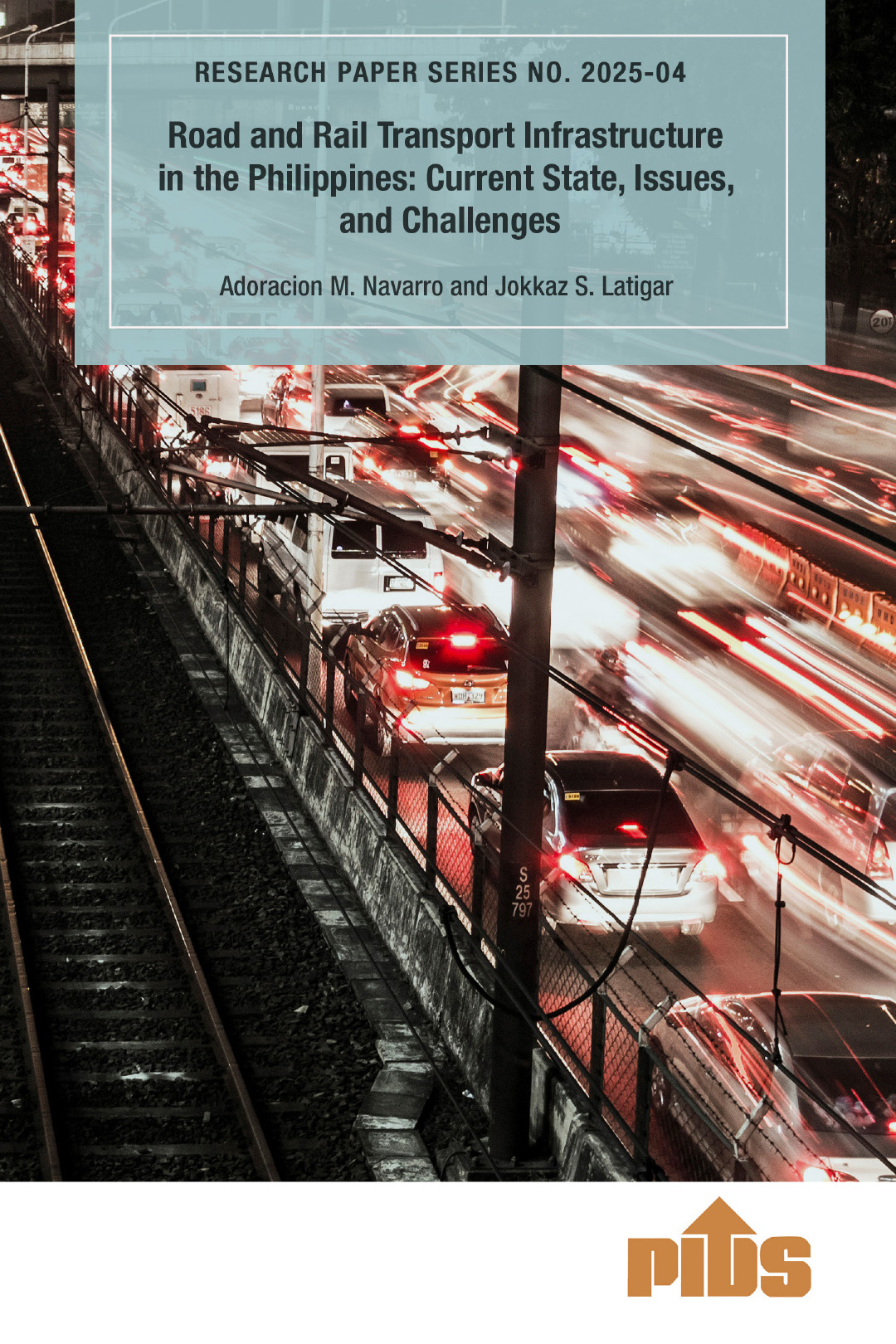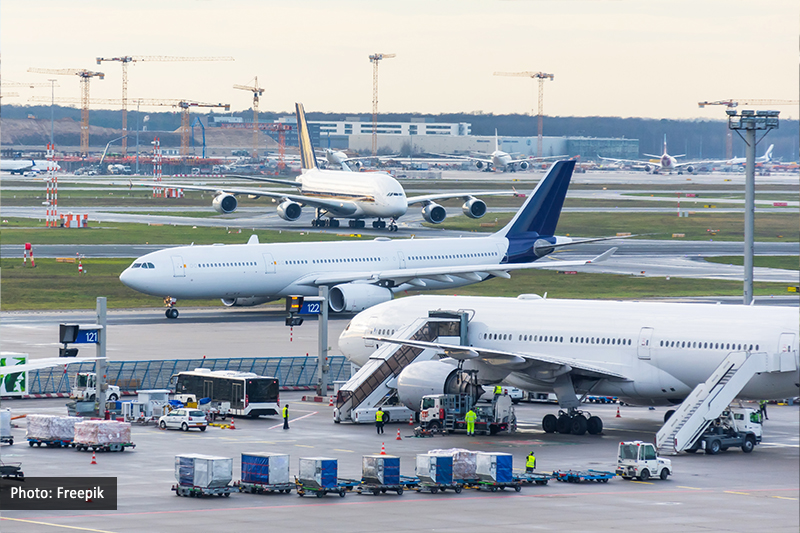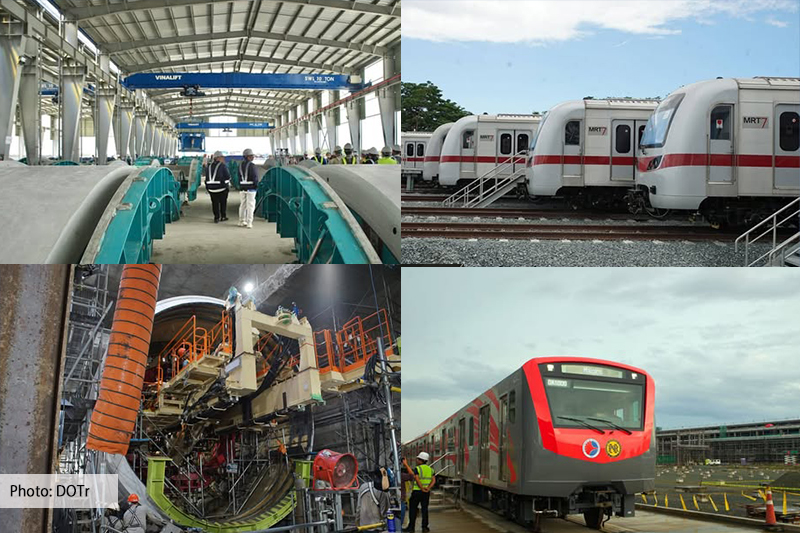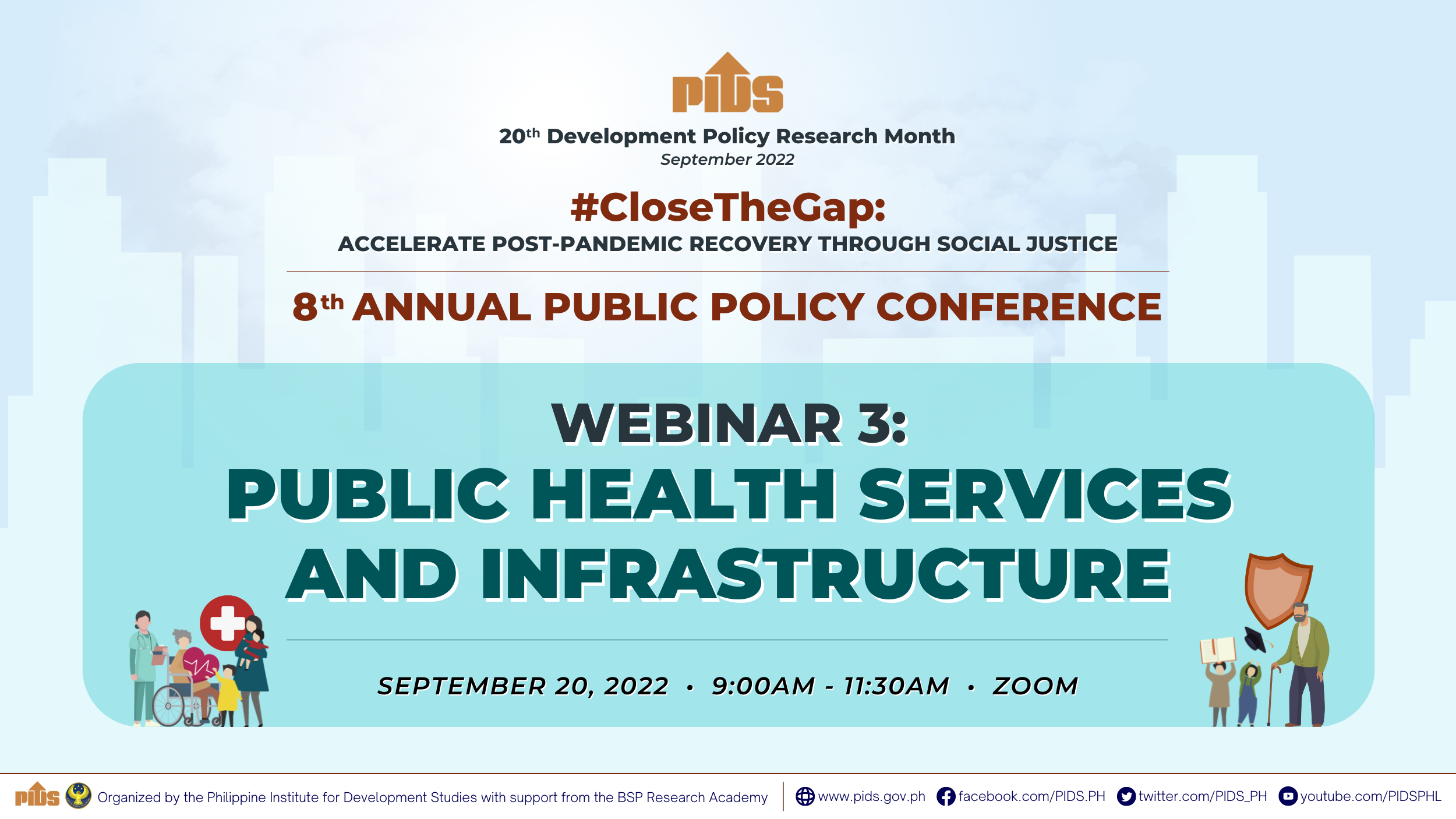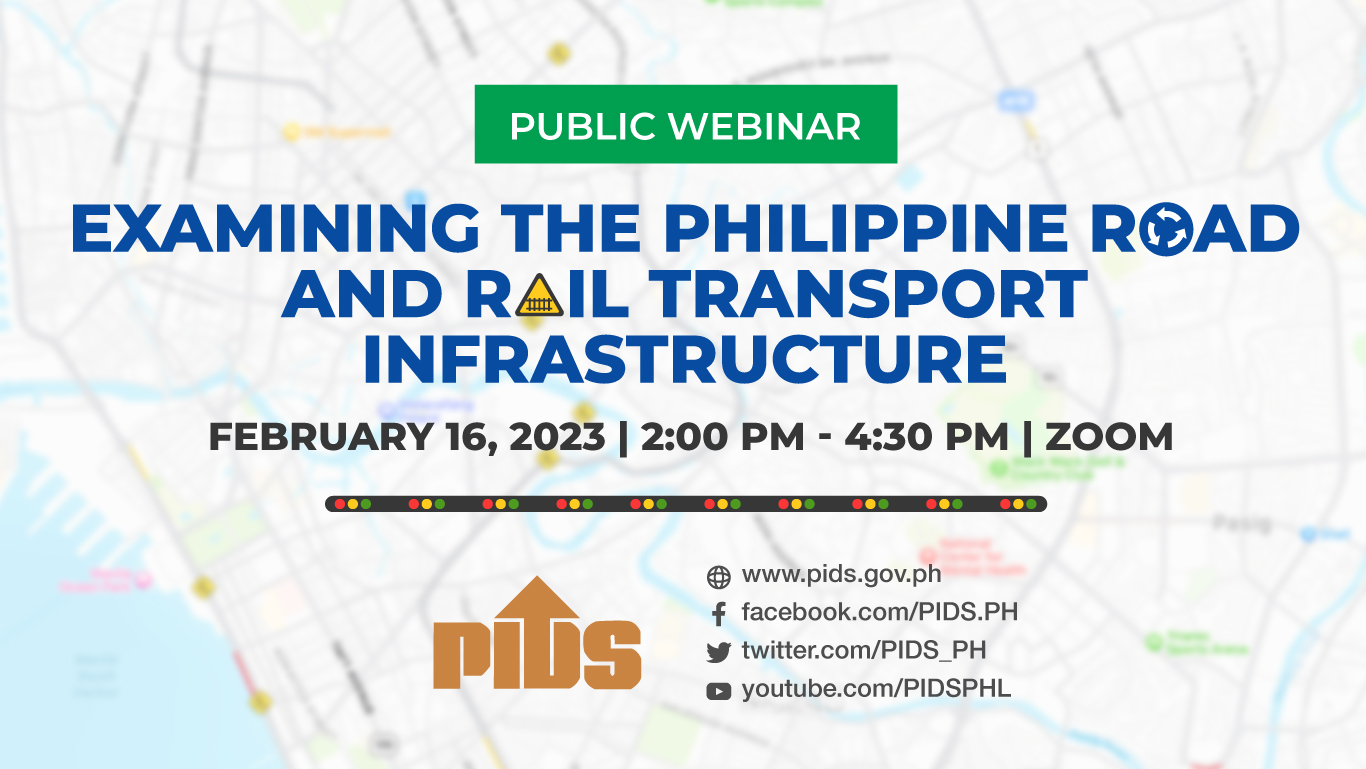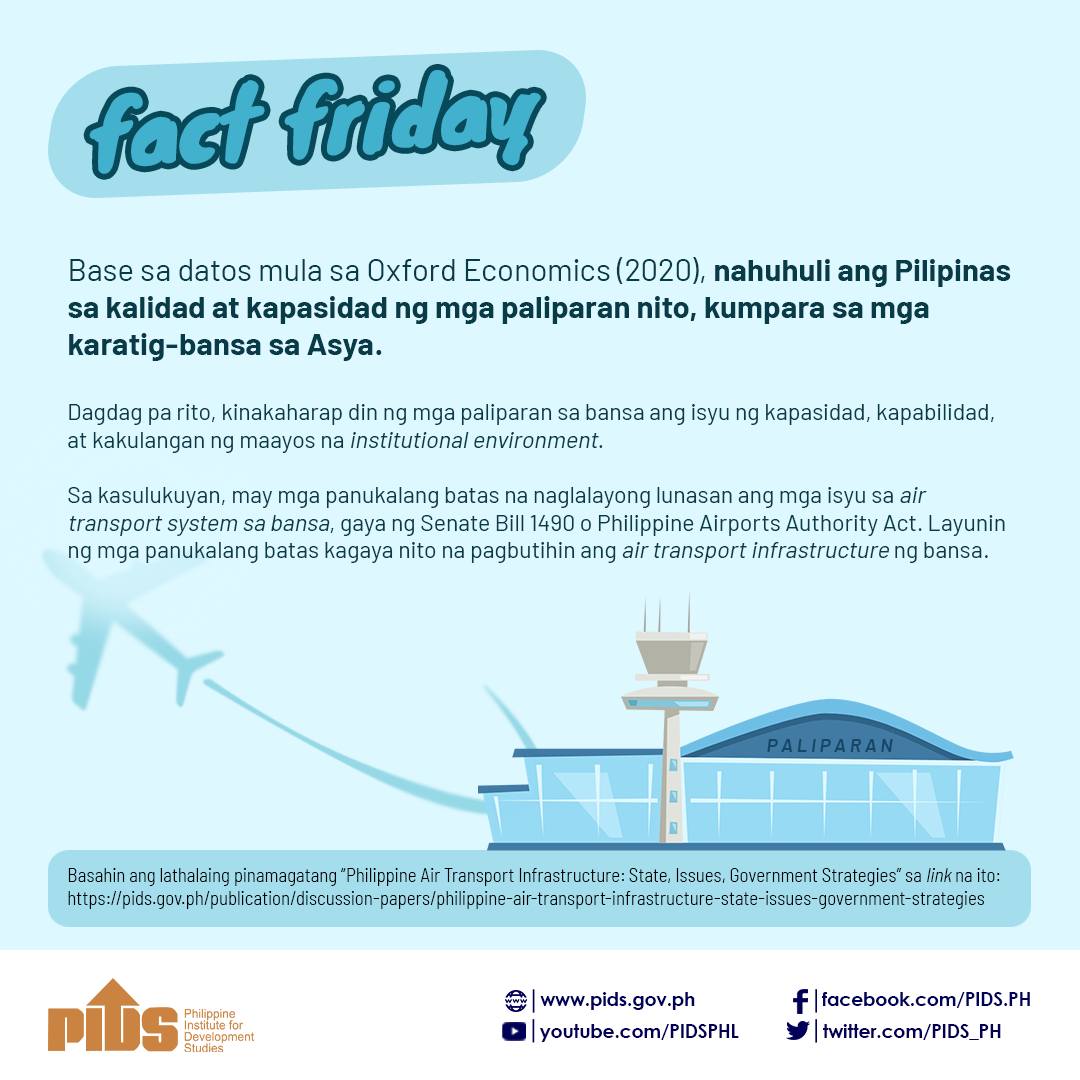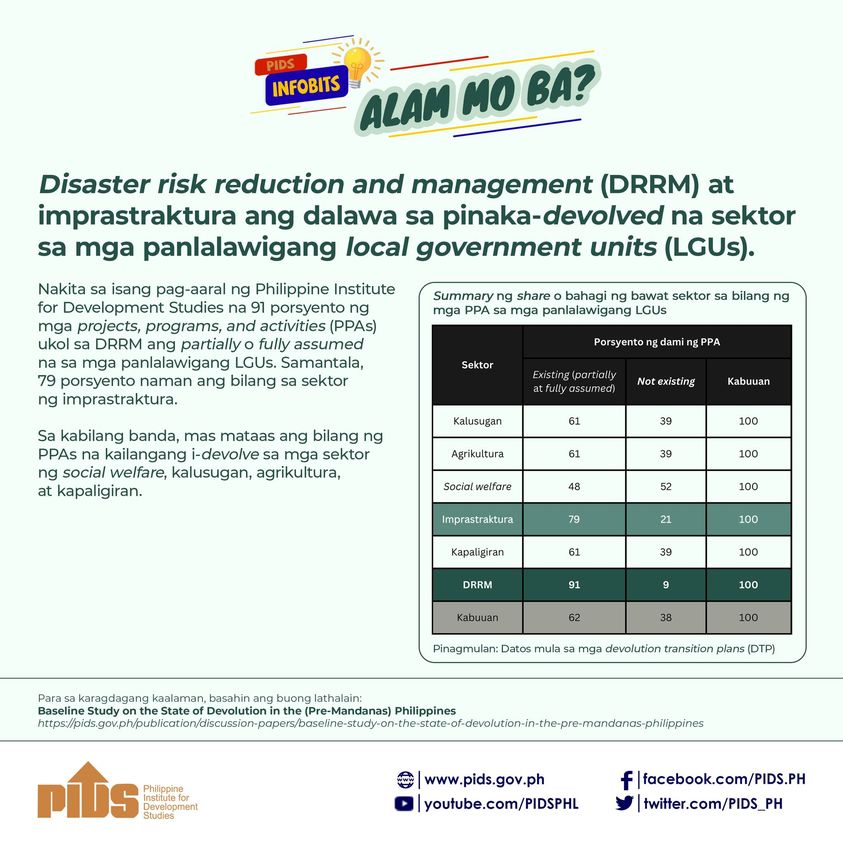
The government must create an enabling environment where telecommunications (telco) industry players could bridge the country’s digital divide.
Mr. Joel Dabao, president of the Philippine Cable and Telecommunications Association (PCTA), Inc., said this during a webinar recently organized by the Philippine Institute for Development Studies.
According to him, the government should “not restrict those who are willing and able [to] contribute [in] solving the problem”.
The PCTA is the umbrella organization of cable television operators in the Philippines. One of its key projects is the PCTA Internet Exchange (IX), which aims to create an interconnected community where industry players, including cable operators, internet service providers, enterprises, schools, and government agencies, could thrive on “fast, efficient, reliable, and affordable internet service”.
According to Dabao, the project aims to share local traffic to reduce latency and cost, as well as integrate and leverage, to get better pricing from telco operators. In other words, PCTA IX is “a social enterprise to help smaller cable operators get into the internet”.
“We have around 10 operators doing above nine gigabytes of traffic. That is far from where we would like to be, but it is certainly an improvement. Hopefully, as more of our members connect, we will be able to bring more homes online,” he said.
The PCTA president also underscored the need to know the supply and demand side in the telco sector.
“Knowing the demand side will help direct policy and investment…Tracking the supply side in detail would give clear answers to what is lacking in filling the demand side and would steer inquiry as to why that particular type of connectivity is lagging if there is a demand for it,” Dabao explained.
The updating of policy, particularly on open access in data transmission, would also be “very helpful” with infrastructure sharing.
He said that Republic Act 3846 or the Radio Control Law of 1931, the country’s main spectrum management policy, needs to be more dynamic as new technologies emerge.
Dabao also mentioned two related laws filed in the Senate—first is for the growth and development of cable and direct-to-home television, and second is for wired information and communications technology infrastructure in rural areas.
He also urged the government to look at the cost of infrastructure investments.
“Without intervention, it becomes more expensive to connect the unconnected and will only slow down the efforts to bridge the divide,” he concluded. ###
You may watch the webinar at https://www.facebook.com/PIDS.PH/videos/626444671692916 or https://www.youtube.com/watch?v=j6q40hWF--o.
Mr. Joel Dabao, president of the Philippine Cable and Telecommunications Association (PCTA), Inc., said this during a webinar recently organized by the Philippine Institute for Development Studies.
According to him, the government should “not restrict those who are willing and able [to] contribute [in] solving the problem”.
The PCTA is the umbrella organization of cable television operators in the Philippines. One of its key projects is the PCTA Internet Exchange (IX), which aims to create an interconnected community where industry players, including cable operators, internet service providers, enterprises, schools, and government agencies, could thrive on “fast, efficient, reliable, and affordable internet service”.
According to Dabao, the project aims to share local traffic to reduce latency and cost, as well as integrate and leverage, to get better pricing from telco operators. In other words, PCTA IX is “a social enterprise to help smaller cable operators get into the internet”.
“We have around 10 operators doing above nine gigabytes of traffic. That is far from where we would like to be, but it is certainly an improvement. Hopefully, as more of our members connect, we will be able to bring more homes online,” he said.
The PCTA president also underscored the need to know the supply and demand side in the telco sector.
“Knowing the demand side will help direct policy and investment…Tracking the supply side in detail would give clear answers to what is lacking in filling the demand side and would steer inquiry as to why that particular type of connectivity is lagging if there is a demand for it,” Dabao explained.
The updating of policy, particularly on open access in data transmission, would also be “very helpful” with infrastructure sharing.
He said that Republic Act 3846 or the Radio Control Law of 1931, the country’s main spectrum management policy, needs to be more dynamic as new technologies emerge.
Dabao also mentioned two related laws filed in the Senate—first is for the growth and development of cable and direct-to-home television, and second is for wired information and communications technology infrastructure in rural areas.
He also urged the government to look at the cost of infrastructure investments.
“Without intervention, it becomes more expensive to connect the unconnected and will only slow down the efforts to bridge the divide,” he concluded. ###
You may watch the webinar at https://www.facebook.com/PIDS.PH/videos/626444671692916 or https://www.youtube.com/watch?v=j6q40hWF--o.


